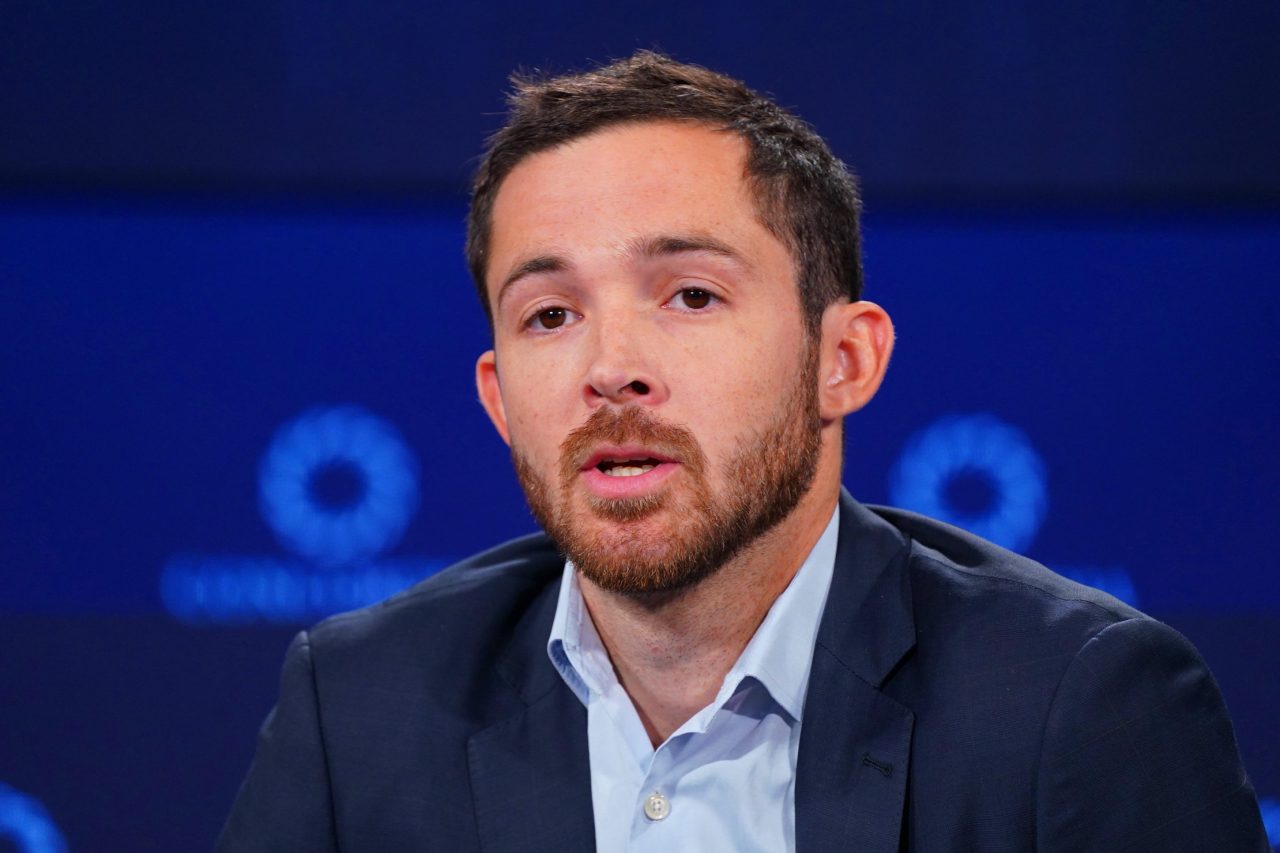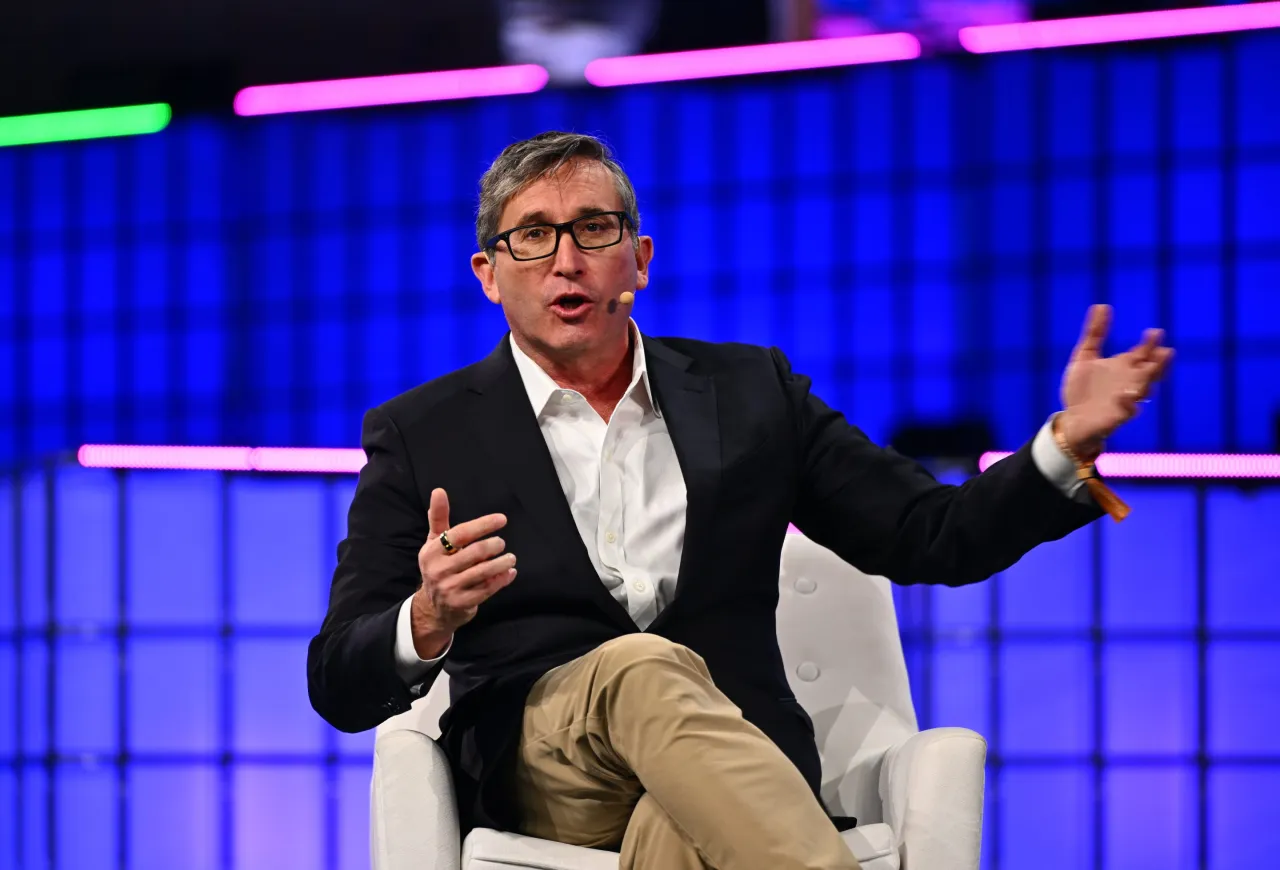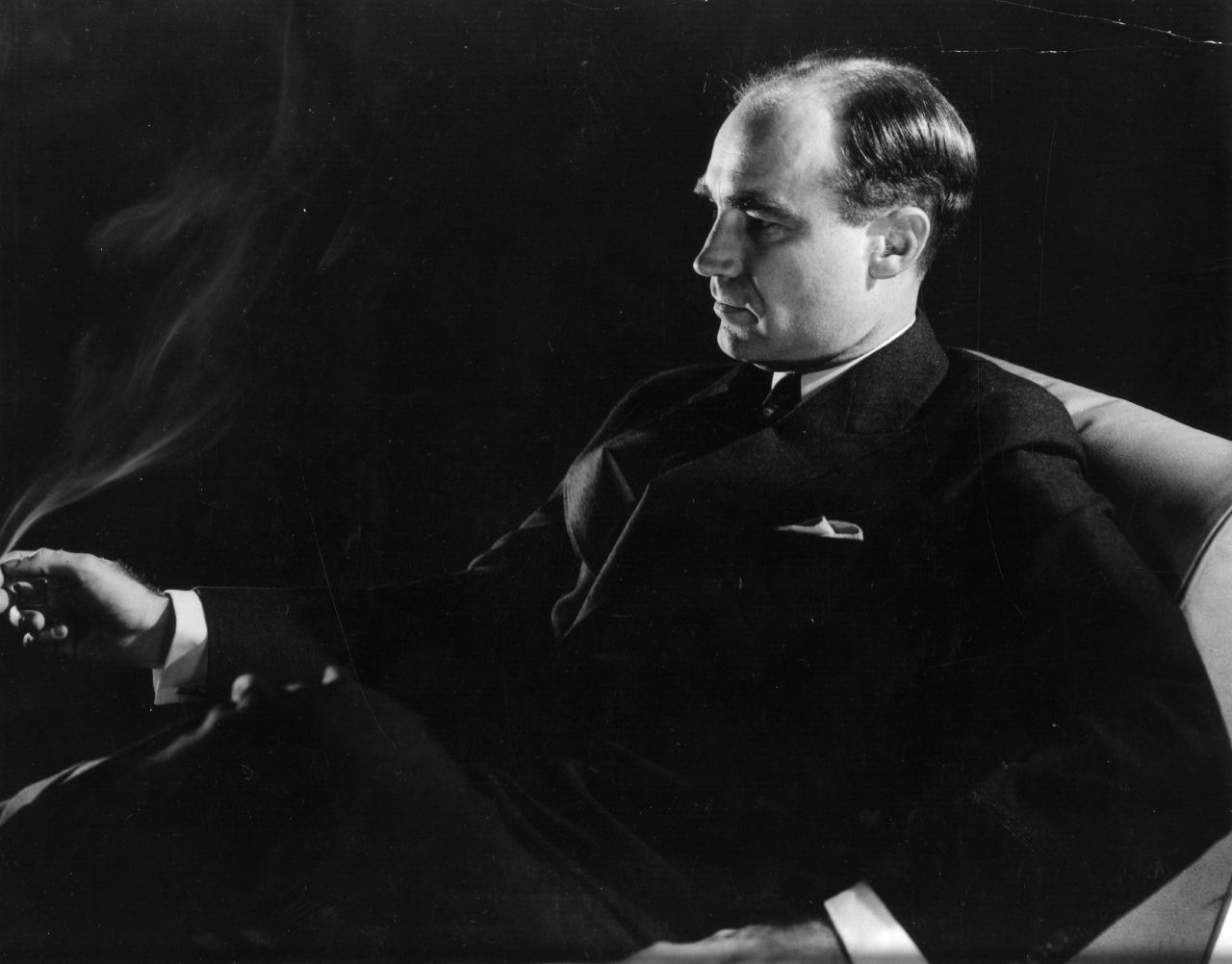Family legacy, personal missteps, and corporate governance collide at one of America’s food giants.
Tyson Foods, a cornerstone of the American meat industry and one of the largest food processing corporations in the world, is once again making headlines—not for its products, but for a decision that is stirring debate across corporate governance circles. The company has appointed John R. Tyson, the great-grandson of its founder, to its board of directors. This move comes despite the fact that Tyson was previously ousted from his role as Chief Financial Officer (CFO) following two high-profile alcohol-related arrests.
While family influence has long played a role in the governance of Tyson Foods, critics are questioning the implications of this appointment. What does it say about accountability in leadership? What message does it send to investors and the wider business world? And is legacy more important than leadership ethics?
The Rise and Fall of John R. Tyson as CFO
John R. Tyson, a Harvard and Stanford-educated executive, seemed like the perfect candidate to uphold the Tyson legacy. With a background in finance from J.P. Morgan and a strategic role at Tyson Foods since 2019, he was groomed for leadership. In October 2022, at just 32 years old, he was named Chief Financial Officer—a fast and high-profile climb in one of the most competitive sectors.
But things unraveled quickly.
In November 2022, Tyson was arrested for criminal trespassing and public intoxication in Fayetteville, Arkansas. According to the police report, he had entered a stranger’s home, removed his clothes, and fallen asleep in her bed. The homeowner found him and called the police, who released bodycam footage that spread rapidly online. The arrest shocked Tyson Foods stakeholders and raised questions about his fitness to lead. Though he issued an apology and promised to seek alcohol counseling, many were skeptical.
Less than two years later, in June 2024, Tyson was arrested again—this time for driving while intoxicated, careless driving, and making an improper turn. His blood alcohol level was more than twice the legal limit. He pleaded guilty in October 2024, received a suspended jail sentence, paid fines, and was ordered to complete community service. This second incident resulted in his suspension from Tyson Foods, and he was quietly removed from the CFO role shortly afterward.
A Return Amid Controversy: Appointment to the Board of Directors
Now, in a decision that has stunned many in the corporate world, Tyson Foods has announced that John R. Tyson will return—not to an executive post, but to the company’s board of directors.
The board position gives him significant influence over the company’s strategic direction, financial oversight, and governance. The move signals that, despite his troubled record, the Tyson family—and possibly the company leadership—still sees John as a critical part of Tyson Foods’ future.
But this decision hasn’t come without backlash.
Critics Question the Message to Investors, Employees, and the Public
Corporate governance experts, institutional investors, and advocacy groups have all voiced concern. Many see the appointment as a dangerous precedent: rewarding misconduct with leadership opportunities rather than enforcing consequences.
“This is a test of values,” said one governance analyst. “What kind of corporate culture do you promote when someone with multiple legal issues is rewarded with a board seat?”
Others point to the broader risk of family-run enterprises becoming insulated from accountability. Tyson Foods remains heavily influenced by the founding family, with the Tyson family holding significant voting shares. This kind of concentration of power, critics argue, can lead to poor oversight and governance blind spots.
For employees, the message is equally confusing. Tyson has emphasized ethics and accountability in internal communications, yet the elevation of someone previously disciplined for serious offenses appears to contradict those values.
Supporters Argue for Redemption and Strategic Vision
On the other hand, defenders of John R. Tyson—and the board’s decision—argue that the appointment represents a second chance for someone who has taken responsibility and learned from past mistakes.
Supporters claim Tyson brings deep institutional knowledge, a long-term vision rooted in the company’s legacy, and a strategic understanding of modern finance and sustainability—critical areas for Tyson Foods’ growth. They also emphasize that he has completed the legal and rehabilitative processes required of him.
“People make mistakes, especially when they are young and under pressure,” one anonymous executive insider noted. “The key is what you do after. And John has shown growth.”
A Larger Debate: Governance in Family-Owned Enterprises
This situation is far from unique. Many of America’s largest and oldest companies remain family-run or family-influenced, raising ongoing questions about the balance between tradition and modern governance.
Tyson Foods, like Walmart and Ford, is a brand built on family legacy. But as companies scale and become publicly traded, they must also be held to higher standards of transparency, ethics, and accountability.
The appointment of John R. Tyson thus serves as a larger symbol of the tensions within legacy corporations: tradition vs. transformation, redemption vs. responsibility, family loyalty vs. corporate governance.
What This Means for Tyson Foods Moving Forward
Investors, employees, and customers will be closely watching what comes next. The board’s decision could impact public trust, stock performance, and internal morale.
Tyson Foods has an opportunity to clarify its position by ensuring that strict governance procedures are followed moving forward. Increased transparency about board appointments, ethics training, and accountability measures could help mitigate reputational risk.
For John R. Tyson, the board seat is a second chance—a test of character and leadership in the spotlight. Whether he rises to the occasion or falls short could have lasting implications not just for his career, but for Tyson Foods as a whole.




